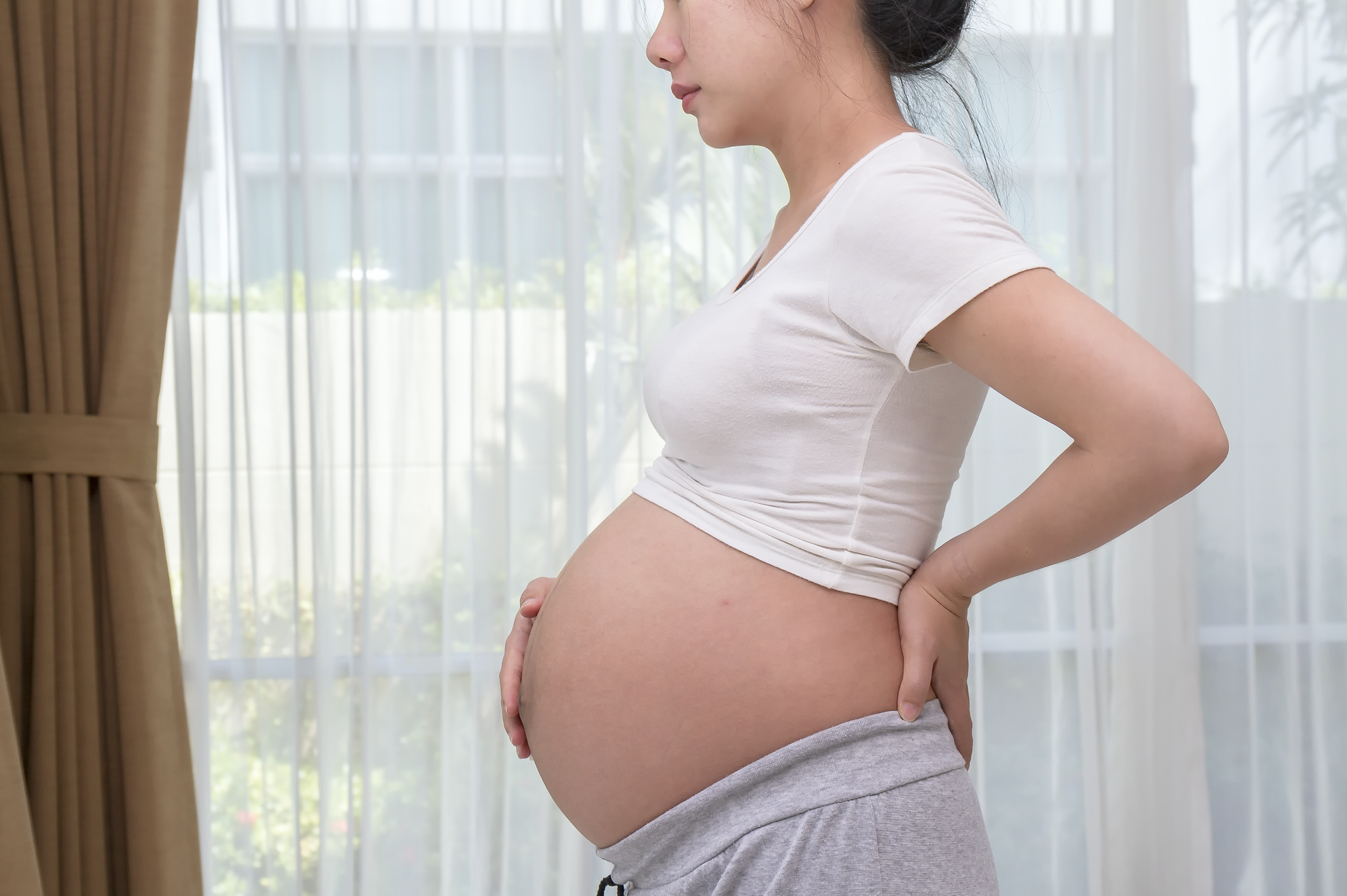When you fall pregnant, there is no doubt that over the next 9 months there will be an inundation of advice from the people around you. Whether it’s talking about morning sickness, stretch marks or cravings, the buzz around pregnancy means that for the most part you can be prepared for what’s to come. But there is something very few people are comfortable talking about; bladder weakness during pregnancy and after birth.
Regardless of if you have had a caesarean or a vaginal birth, 1 in 3 women who have ever had a baby wet themselves and that is a statistic you just don’t hear about very often!
As more than 70 per cent of the people who suffer from incontinence are women, with many experiencing it as a result of childbirth or menopause, it’s so important for women of all ages to be in the know.
Many bladder or bowel problems, particularly during pregnancy can be caused by weak pelvic floor muscles.
This means that you may:
- Leak urine when you cough, sneeze, lift, laugh or do exercise
- Not able to control passing wind
- Feel an urgent need to go to the toilet
- Leak after already having been to the toilet
- Feel a lump in your vagina or a sensation of dragging, which could mean that one or more of your pelvic organs might be sagging down into your vagina. This is called a pelvic organ prolapse and 1 in 10 Australian women have it.
The pregnancy and birth of your baby would have put significant strain on your pelvic floor and may have stretched the muscles for various reasons including:
- Having a large baby
- Having a long labour
- A difficult vaginal delivery, when you have stitches or a tear just outside your vagina.
In the first few weeks after giving birth, ‘pushing down’ actions may further stretch your pelvic floor.
So, while all of this sounds like bad news for anyone thinking about having a baby, fear not- there are ways of ensuring your pelvic floor is in the best shape possible. Here are some tips on protecting your pelvic floor muscles:
- Try to squeeze, lift and hold your pelvic floor muscles before you sneeze, cough, blow your nose or lift
- Cross your legs and squeeze tightly together before each cough/sneeze
- Share the lifting of heavy loads
- Don’t do bouncing exercises
- Do pelvic floor muscle training.
Your strength should improve in the first 6 months after giving birth as the tissues, muscles and nerves around your pelvic floor mend. If there are no improvements however, its important to seek advice from your doctor as soon as you can.
To find out more about pregnancy and bladder weakness, head to www.continence.org.au.



Leave A Comment